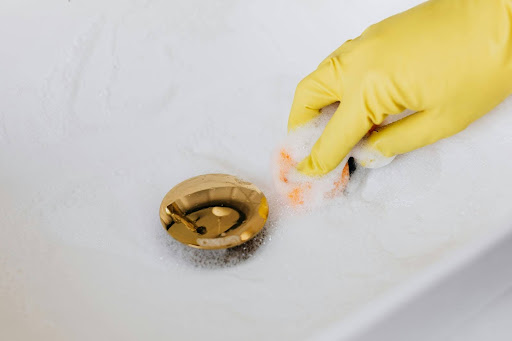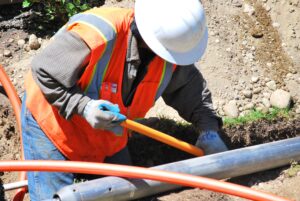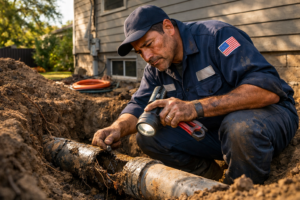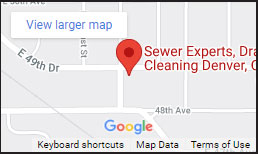Drain cleaning is significant for maintaining a functional sanitation system. Clogged drains can cause inconvenience, pricey repairs, and even health hazards. Awareness on how to clean a drain, using both homemade solutions and tried-and-tested practices, can help you obstruct such problem. By adopting these solutions and incorporating them into your home maintenance routine, you’ll preserve both time and money.
Why Is Regular Drainage Cleaning Important?
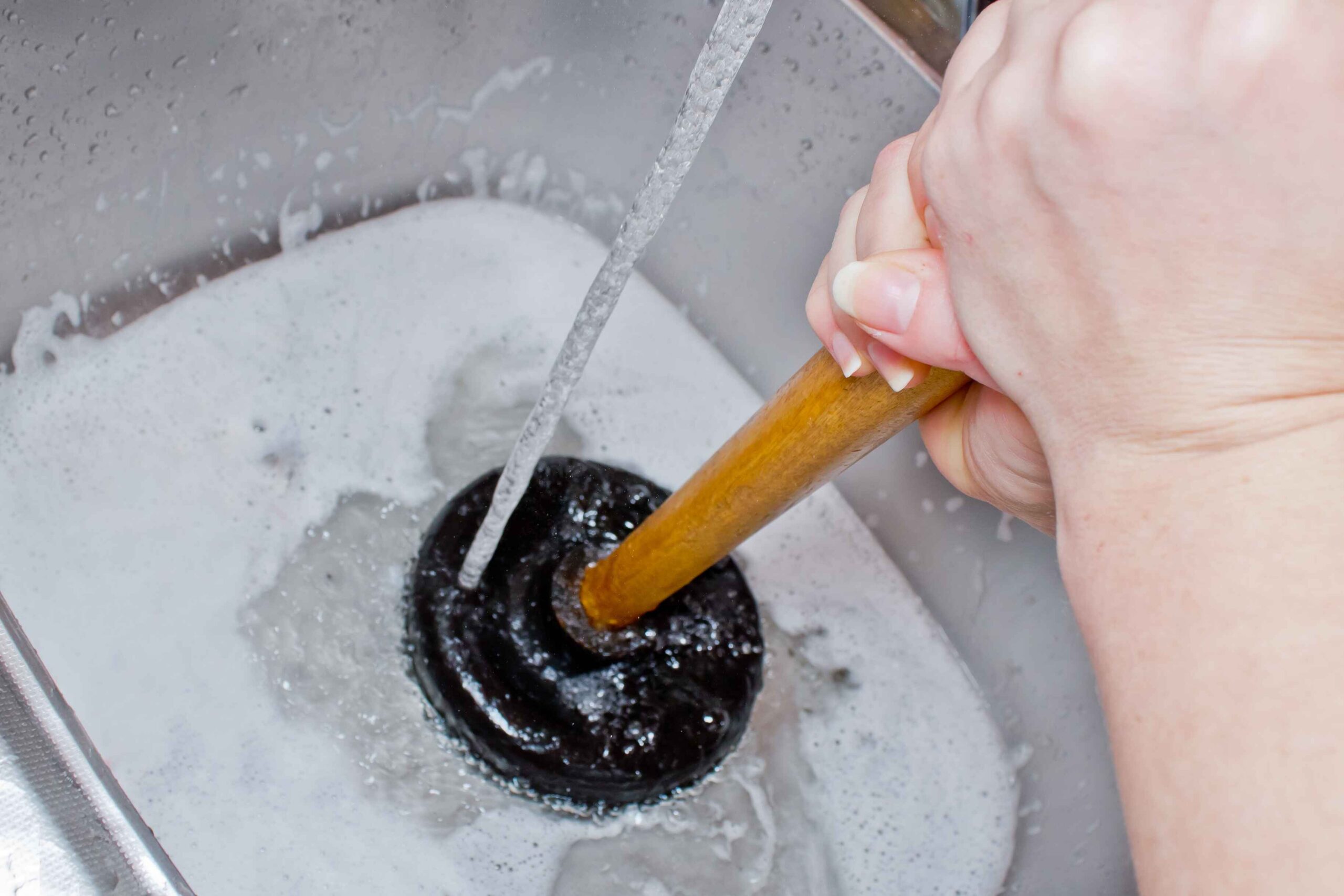
Preventing Clogs and Slow Drains
Obstructions in your home is due to oil, detergent build-up, and food bits. Usual cleaning assists forbid buildup, ensuring that water flows freely through your plumbing. By addressing plugups early on, you can evade high-price plumbing emergencies.
What are the Benefits?
It allows you to tackle blocks using readily available household items. Homemade drain cleaners are often safer and more environmentally friendly than commercial options. They empower homeowners to take immediate action without waiting for professional assistance.
What Are Some Easy Homemade Drain Cleaner Recipes?
Baking Soda and Vinegar Mix
Sodium bicarbonate and vinegar are natural yet potent cleaning agents. Sodium bicarbonate is alkaline, while vinegar is acidic. When combined, they create a fizzing reaction that breaks down debris, making it easier to flush away. To use this mixture efficiently:
- One cup of baking soda down the drain.
- Followed with one cup of vinegar.
- Allow the solution to sit for 15-20 minutes.
- Rinse the drain with heated water.
The Solution Recipe
For a more abrasive solution, add salt to the mix. Salt increases friction, helping to dislodge more stubborn buildup. Here’s how to use this combination:
- Mix half a cup of salt and half a cup of baking soda.
- Place the mixture down the drain.
- Proceed with vinegar.
- Let the mix sit for 15-20 minutes.
- Rinse the drain with hot water.
Boiling Water and Dish Soap
Grease-connected plugups are common in kitchen sinks. It emulsifies oils, while boiling water baking soda helps break it down and flush it out. Use this combination as follows:
- Boil a kettle of water.
- Generous amount of lathering down the drain.
- Slowly put the boiled water after the detergent.
- Repeat if necessary for stubborn blocks.
How Do This Solution Successfully Clean Drains?
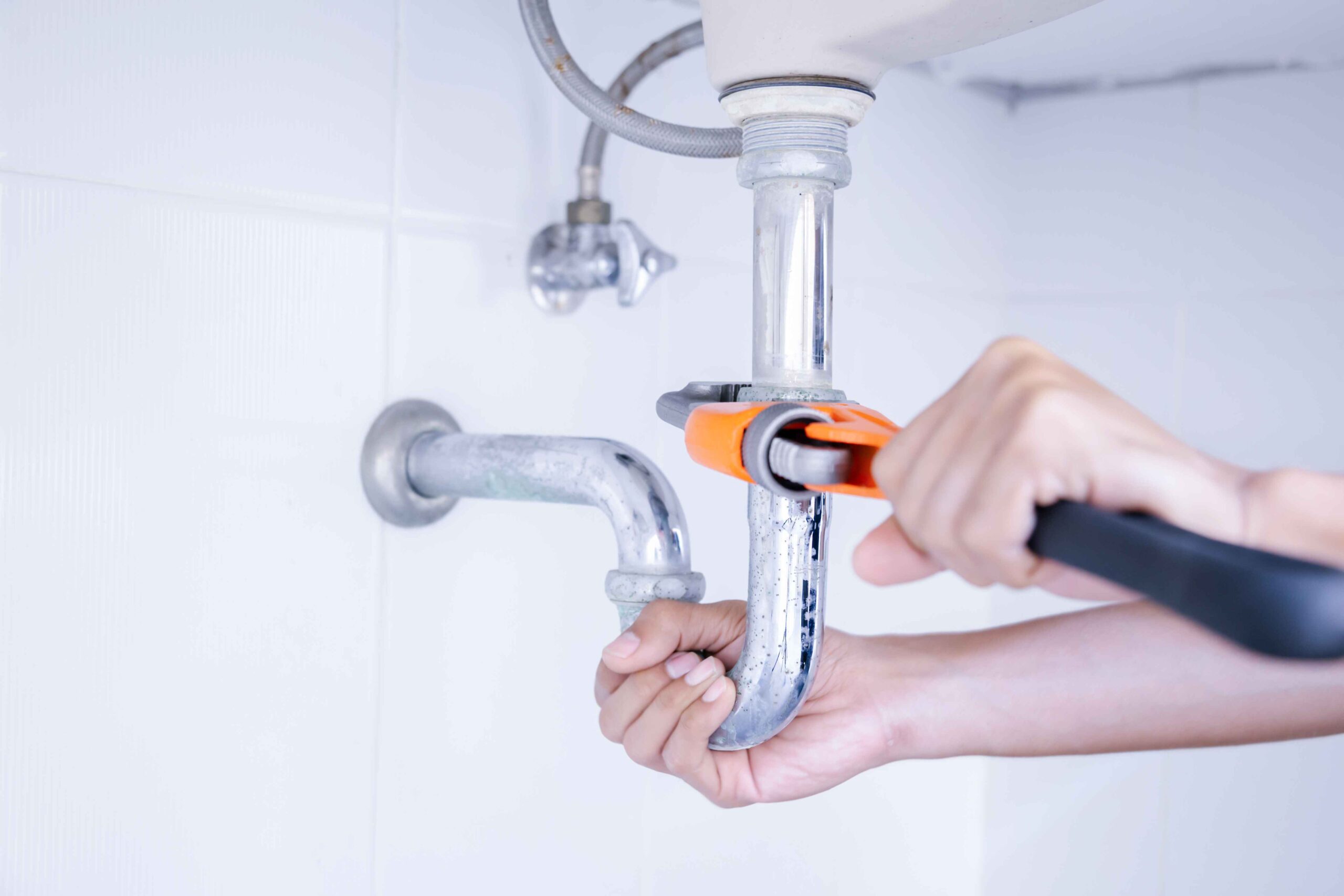
Hazardous Reaction Explanation
The combination creates carbon dioxide bubbles. These bubbles, combined with the effervescence, help agitate debris and dissolve mineral deposits. The pressure created by the reaction dislodges and breaks down blocks, allowing them to be flushed away.
Safe and Ecological Cleaning
Unlike commercial cleaners containing harsh chemicals, the vinegar and bicarbonate of soda are gentle on pipes and for septic systems safety. They are also ecological, reducing your household’s chemical footprint.
How to Implement Baking Soda and Vinegar for Drain Cleaning
To achieve the best results, follow these steps:
- Clear any standing water from the clogged drain.
- One cup of bicarbonate of soda down the drain.
- Add vinegar, about a cup.
- Plug the drain to keep the reaction contained.
- Wait 15-20 minutes.
- Unplug the drain and flush it with scalding water.
How Can You Clean Drains the Right Way?
Identify Your Drain Type and Clog Cause
Understanding the type of drain and the cause of the clog is crucial for selecting the right cleaning method. Bathroom drains are often clogged with hairs and detergent scums, while kitchen drains usually deal with oil and food particles. Tailor your cleaning accordingly to ensure the best results.
Step-by-Step Cleaning Process
- Remove visible debris around the drain cover.
- For bathroom drains, use a drain snake or drain screen to remove them.
- If accessible, unscrew the drain traps to remove lodged debris.
- Apply your chosen solution (e.g., baking soda and vinegar).
- Rinse thoroughly with boiled water.
Avoiding Common Mistakes
- Stop using excessive force when plunging, as this can damage pipes.
- Don’t mix commercial drain cleaners with homemade solutions to hinder hazardous reactions.
- Refrain from using extremely high-temp water in polyvinyl chloride pipes, which can warp or crack.
Summary and Final Tips
What Are the Best Cleaning Steps?
Regularly cleaning drains with baking soda and vinegar, salt, or dish liquid will prevent clogs and keep your drains flowing smoothly. These ways are efficient and affordable.
What Are Additional Preventative Measures?
- Use drain screens to catch bristles and food crumbs.
- Avoid pouring lubes down the drain; dispose of them in the trash instead.
- Run water through your kitchen drain daily to prevent buildup.
- Schedule a monthly cleaning.
By following these preventative steps and applying the best drain cleaning methods discussed about slow moving drains and other drain issues, such as using a pot of boiling water, you can significantly improve your plumbing system. For homes and business properties alike, it’s essential to keep your sewage system running smoothly. Our team of experienced plumbers is highly recommended for their ability to quickly handle any problems. From toilets and sinks to showers, we have the right tools and expertise to ensure everything is cleaned and functioning properly. For instance, you can pour the boiling water down the drain to help dissolve grease and debris. Additionally, if you have a stubborn clog, consider pouring in boiling water or even using several gallons of boiling water to flush the system effectively.
Our customer service is dedicated to providing quality care at an affordable pricetag, helping you support a healthy plumbing system. We understand the importance of fast and authentic service, especially when dealing with urgent plumbing issues. Whether it’s a minor clog or a major sewage backup, you can count on our team to address the issue in no time. Habitual maintenance and timely intervention can save you from costly repairs and ensure your house remains in top condition. We highly recommend scheduling frequent checkups with our professional plumbers to keep your plumbing in pristine performance and avoid any unexpected problems.
Don’t let clogged drainage systems delay you down! Our professional in the Denver Metro area and high pressure jetting are ready to talk about any emergency plumbing issue, big or small, guaranteeing your drains flow smoothly. Visit Sewerex.com or call us now for a consultation and see why we’re Drain cleaning experts! Schedule an appointment online.
Frequently Asked Questions (FAQ)
-
How often should I clean my drains to prevent plug-ups?
It’s best to clean your drains once a month as part of constant maintenance. Using warm water with dish detergent can help block buildup and keep your drains clean. More frequent cleaning might be necessary if you notice slow draining or often deal with grease and hair jams.
-
What should I do if baking soda and vinegar don’t clear the clog?
Consider using a drain snake or removing the interceptor to access and manually clear the clog. Additionally, a mix of salt and baking soda can provide extra abrasion. If the problem persists, it is a good idea to call a professional plumber like us.
-
Is it risk-free to pour boiling water down the drain?
Boiling water is generally harmless for metallic pipes but can warp or fracture vinyl pipes. Use very hot water for plastic plumbing. Pouring gradually and with caution to deflect splashing or damaging your pipes.
-
How can I stop hair clogs in my bathroom floor drains?
Use a drain screen to catch it before entering the drain. Clean the screen day by day.
-
Are homemade drain cleaners trustworthy for septic systems?
Yes, homemade cleaners are harmless for septic systems. They are gentle, securing that the beneficial bacteria in your sump remain unaffected while effectively cleaning your pipes. For any plumbing emergency contact us!



